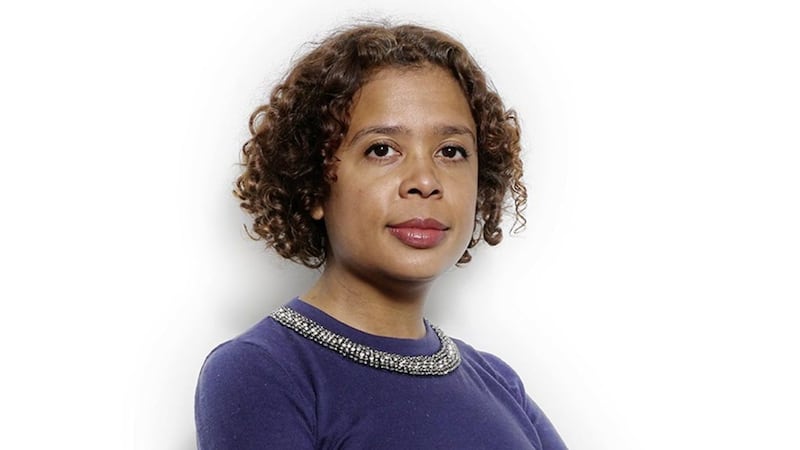THIS week I spoke to a distraught woman whose mother was admitted to hospital at the beginning of November with chest pains.
While waiting for confirmation of her doctor’s preliminary diagnosis of a heart attack, she contracted Covid-19.
By the time her daughter contacted me – from self-isolation in her own home due to the exposure of a hospital visit despite wearing PPE – the 82-year-old was subject to a `do not resuscitate’ order.
The hospital was preparing to move her from its Covid ward to a side room so her daughter could come and say goodbye from behind a screen.
She sent me a haunting screenshot of her frail mother from their video call. The contrast from her mischievous grin in a recent selfie with her beloved granddaughter could not have been more stark.
It was just the latest brutal account I have heard in recent months of the heartbreaking toll Covid-19 is still taking on families across Northern Ireland.
All are linked by the thread of disbelief at the pitiless speed at which the virus moved and bitter regret for their loss.
Almost 3,000 people are no longer with us because of Covid-19. The vast majority could reasonably have expected to have lived happy and contentedly for some time yet.

The last day no-one in Northern Ireland died while suffering from the coronavirus was Sunday July 11, according to the Department of Health’s daily dashboard. For the last four months at least one family a day has suffered the wrenching loss of a loved one snatched from them before their time.
Listening to the squabbling which has accompanied the last-ditch efforts to `save Christmas’, one can’t escape the feeling that too many of us have forgotten what it’s all about.
The weeks and months of sacrificing precious time with our families, routines that gave us a sense of purpose, and activities which brought joy – it was all to save people’s lives, to shield us from life-altering grief.
The Emperor Nero is infamous for something he never did. His reputation for tyranny, murderous cruelty and decadence notwithstanding, even he did not `fiddle while Rome burned’. There is compelling evidence that he returned from his country pile and tried to save his people as the eternal city succumbed to the devastating inferno of 64AD.
But his people, bereaved, homeless and destitute, believed he did not care - a reputation-shredding conviction which has echoed through the ages.
Those who have lost family and friends to the SARS-CoV-2 virus will harshly judge anyone they perceive to have contributed to their loved ones’ suffering and unnecessary deaths.
This will undoubtedly include their political leaders who have struggled at every stage to grasp the nettle when it mattered and take strong, effective action in good time.
But it will also include beleaguered doctors and nurses who have been doing the best they can in circumstances they never expected to encounter in their lifetimes.
It will include family, friends, neighbours and strangers who socialised and partied even as the massively infectious Delta variant raged through their communities.
Judgement will fall on the mask and vaccine refuseniks who could have helped stem the flow but did not.
People will wonder why their loss was not enough to convince others to care, why their parent, grandparent or spouse mattered so little, why their pain was ignored.
While the invisible peril continues to menace the world the corrosive effect of this on society will not be clear, but the time of reckoning will come.
The widest gulf is always between those who have and have not. When the `have not’ is a precious human life it becomes a chasm.
The pain of grief is messy and often inconvenient to observers, but when it comes to Covid-19 ignoring it only increases the chances of it coming to your door.








